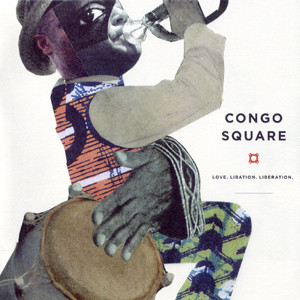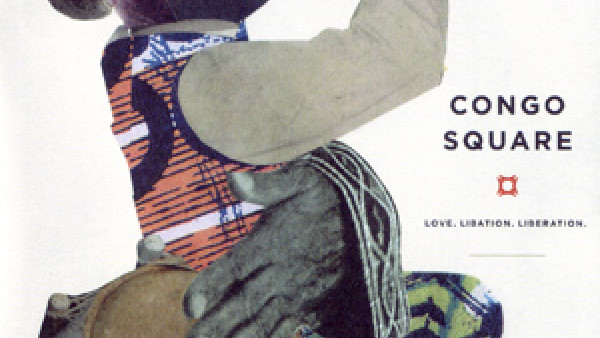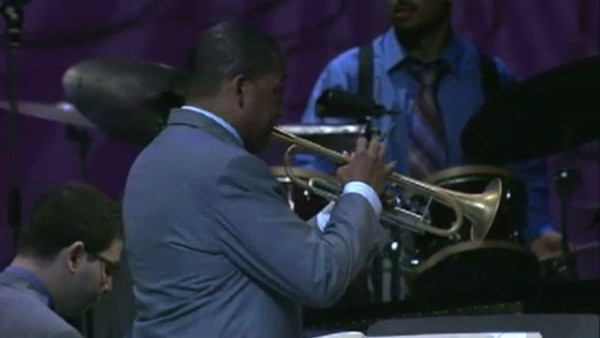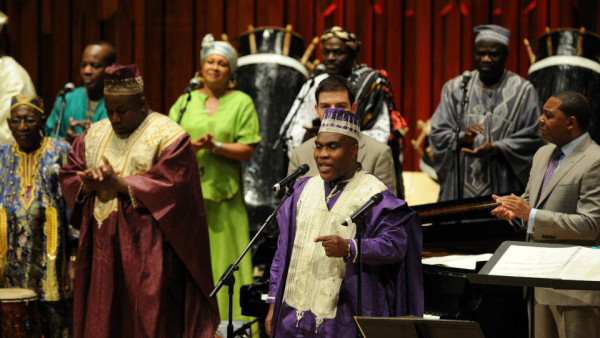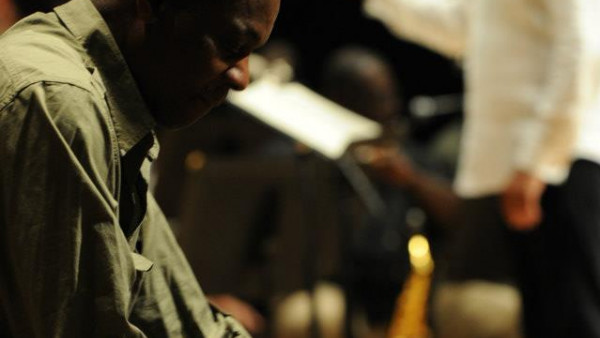The Telegraph: Jazz at Lincoln Center Orchestra/Congo Square, Barbican, review
Wynton Marsalis, the celebrated American trumpeter, composer and band-leader, likes to think big. For him jazz is virtuoso musicality, uproarious enjoyment, spiritual edification and cultural memory, all rolled into one. To fulfil that vision he’s created several ambitious multi-movement suites for the Jazz at Lincoln Center Orchestra.
One of them, Congo Square, opened the orchestra’s current residency at the Barbican. The piece evokes the slave songs that took place in Congo Square in New Orleans centuries ago, and refracts them through the jazz that those songs eventually spawned. It was jointly created over many years by Marsalis and Yacub Addy, a Ghanaian long-resident in New York. Addy was on stage for this performance with his singing percussionist group Odadaa!
Together the two bands were spectacular. On one side, the serried ranks of the JLCO, impeccably turned out in cream suits and colour-coordinated ties. On the other, the nine members of Odadaa! in colourful cotton smocks and hats, and surrounded by exotic percussion: a hammock-style xylophone, bells struck with mallets, and drums of every shape and size.
You’d think these two worlds would be like oil and water. And occasionally the composers made them seem exactly that, by leading a joyous Ghanaian number to its climax – hymn-like harmonies from the voices soaring over a seething tumult of polyrhythms in the drums – and rudely cutting it off with an uproarious swing number from the band. It was a tremendous jolt, which produced yelps of delight from the packed audience.
But more often it was a question of subtle give-and-take. The ancient African principle of call-and-response was much in evidence, used with infectious wit. A shouted phrase from the singers on the Ghanaian side might be answered by a whooping trombone phrase on the right. Sometimes the entire orchestra would croon softly in response to a single voice from the left, in delicious colours of muted brass and piccolo. In the more rhythmicised numbers, one was aware of Ghanaian syncopations pushing against the subtly different form of syncopation in jazz, each accommodating the other.
Source: The Telegraph

